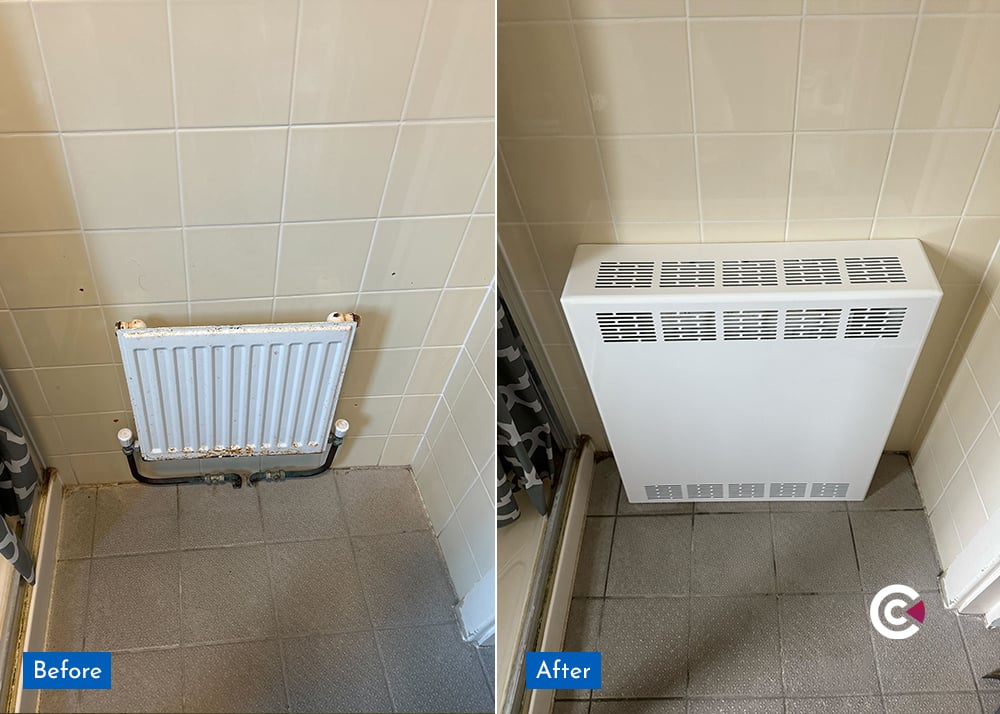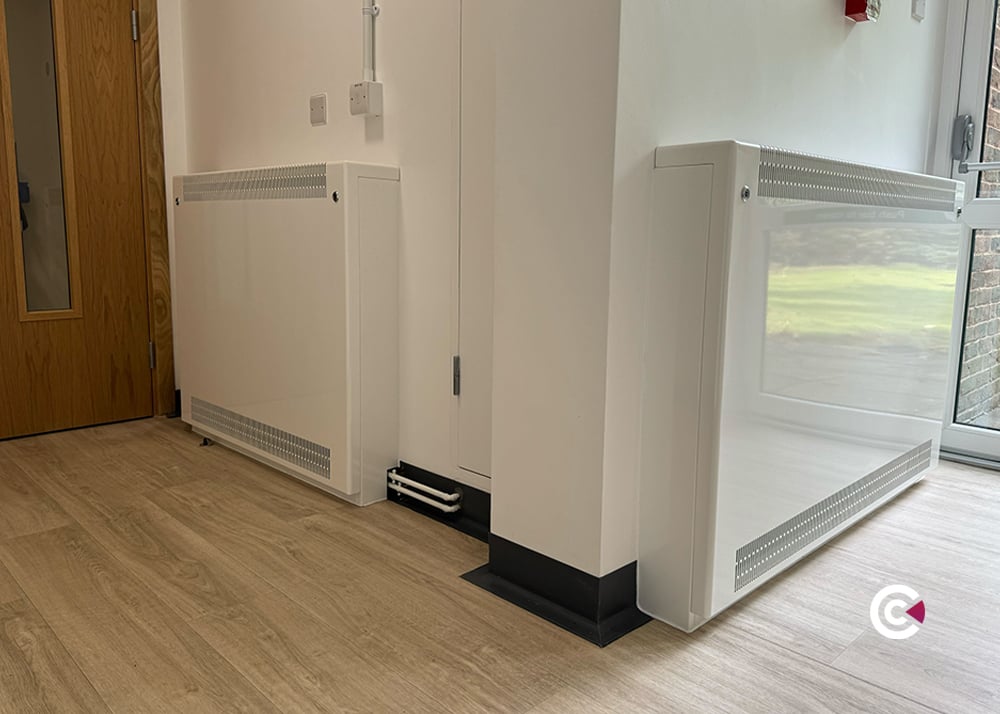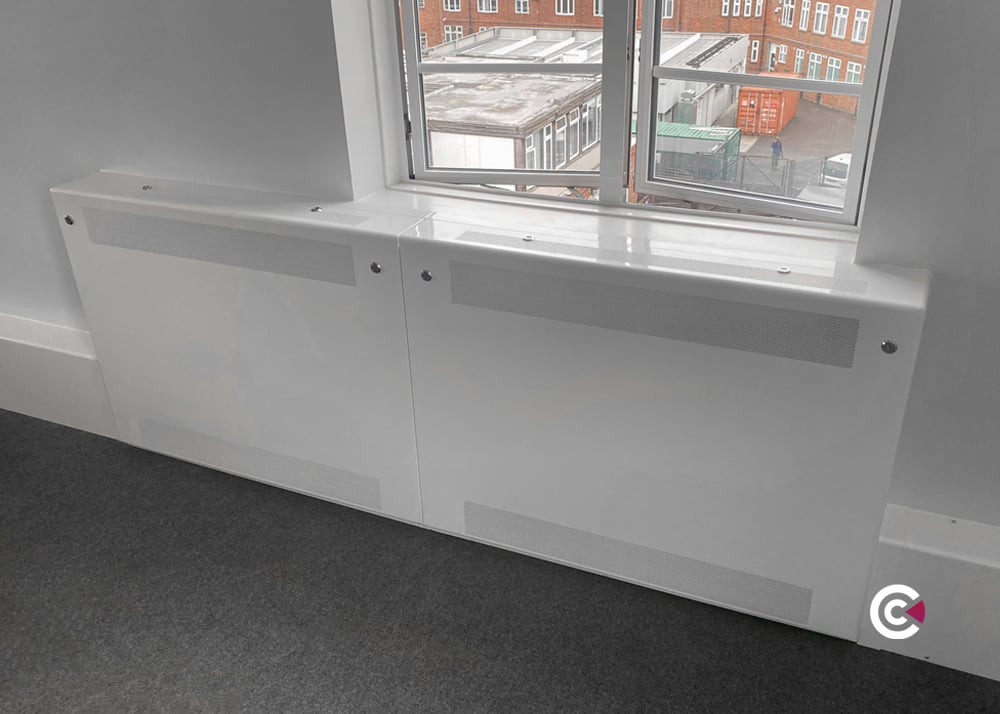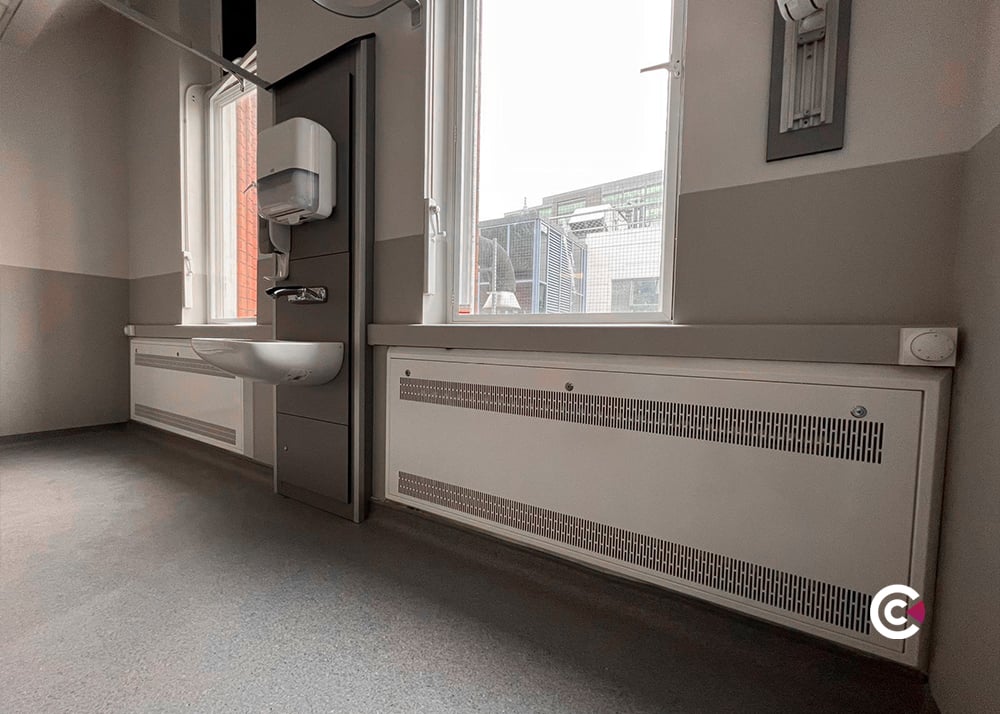The grille may seem like a small part of a radiator guard, but it’s one of the most important features to get right.
Grilles are responsible for enabling airflow while keeping users safe. Depending on the environment however, the wrong grille design can increase the risk of injury, tampering, self-harm, or infection.
At Contour Heating, grille safety is never an afterthought. Every design has been carefully developed, tested, and refined over years of working in high-risk and hygiene-critical environments, including hospitals, mental health units, schools, and secure facilities.
In this post, we’ll break down the role of grilles in radiator guard performance, and what to look out for when specifying.
The Problem with Poor Grille Design
There are a wide range of grille styles on the market, but not all are created equal. In fact, some can introduce significant risks:
- Cheese-grater effect and self-harm risk: Grilles mounted over the front edge of a guard can act like a cheese grater causing serious skin injuries if someone falls against them. In secure or mental health settings, this becomes even more concerning, as the edge profile can be used deliberately as a means of self-harm.
- Structural weakness and impact points: Removing material to position grilles around the curved radius can compromise the structural integrity of the guard, making it more prone to denting or deformation. Additionally, chamfered or exposed edges on the front grille create a defined platform that could invite impact, for example if someone strikes it with their foot, leading to long-term damage.
- Sharp mesh: Mesh grilles can warp or bend, exposing sharp points or creating snagging hazards.
- Wide apertures: Oversized grille openings may allow fingers, pens, or other small objects to get stuck, posing safety and cleaning risks.
- Tamper points: Weak grille areas can be prised open or used to conceal contraband in secure environments.
- Ligature risk: Inappropriately placed or recessed grilles may create tie-off points for ligature.
It’s not just about airflow, poor grille design can compromise both safety and durability, especially in high-risk environments.
Contour’s Grille Design Principles
Every grille on a Contour radiator guard is designed for:
- Airflow: To allow heat to circulate effectively
- Safety: To minimise risk of injury or tampering
- Cleanability: To allow for effective hygiene routines
- Strength: To withstand impact and reduce flex or failure
All Contour grilles are:
- Punched directly into the guard during manufacturing - no mesh or external grille panels to come loose or distort
- Made from the same steel as the guard itself, ensuring consistent durability
- Finished with a smooth radius design, which eliminates sharp edges and improves cleanability
Anti-ligature Grilles for High-risk Environments
The grille on Contour’s DeepClean Extra and DeepClean Extra+ models is a specialist anti-ligature grille, designed and tested to meet IP3X standards.
This grille includes:
- A narrow aperture to prevent finger or object entry
- A flush, curved profile to avoid ligature attachment
- Direct integration into the casing for maximum strength
- A surface that’s easy to clean and hard to tamper with
This makes it ideal for:
- Mental health environments (CAMHS, PICU, 136 suites)
- Secure care and forensic facilities
- Any space where ligature prevention is critical
Pencil-proof Grilles for General Use
For lower-risk environments, Contour’s standard pencil-proof grille offers excellent airflow with a strong safety profile.
It’s called “pencil-proof” because the gap between each punched opening is narrower than a pencil, making it difficult for fingers or small objects to be inserted.
Features include:
- Curved edges for ease of cleaning
- Fully integrated grille within the casing
- Aperture sizing that prevents object concealment
- Available on models including DeepClean, Covora and Covora Lite
This grille is widely used in:
- Hospital wards and outpatient clinics
- Schools and SEN environments
- Low-risk care settings
- Waiting rooms and corridors
Hygiene Matters Too
Because Contour’s grilles are punched into the casing, there are no seams, no fixings, and no mesh to clean around.
The result?
- Faster, easier cleaning
- Less bacteria accumulation
- Better compliance with infection control protocols
- Longer-lasting performance with less wear
For healthcare estates teams, that’s a significant time and cost saving, especially when paired with the drop-down access door available on DeepClean and DeepClean Extra models.
What to Consider When Specifying Grilles
When reviewing radiator guard options, ask:
- Is the grille punched-in or added as a separate component?
- Are the openings small enough to prevent fingers or pens entering?
- Could the grille act as a ligature point or be tampered with?
- Will it be easy to clean as part of routine hygiene procedures?
- Does the grille design compromise the structure of the guard?
If any of these are red flags, it’s worth reconsidering. In safety- or hygiene-led environments, the grille is too important to treat as an afterthought.
Need Help Specifying the Right Radiator Guard Grille for Your Environment?
Whether you’re working on a mental health unit, SEN school, or busy hospital ward, we’ll help you get the balance right between airflow, safety, and hygiene.
📧 sales@contourheating.co.uk
📞 01952 290 498
🗓️ Or book a free survey to discuss your requirements in person.
-1.png)


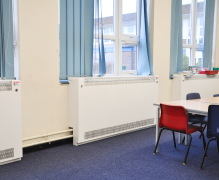
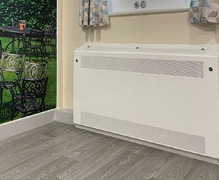
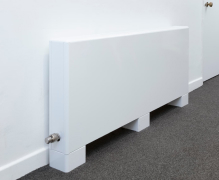

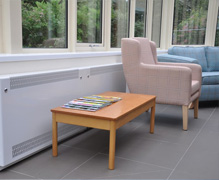

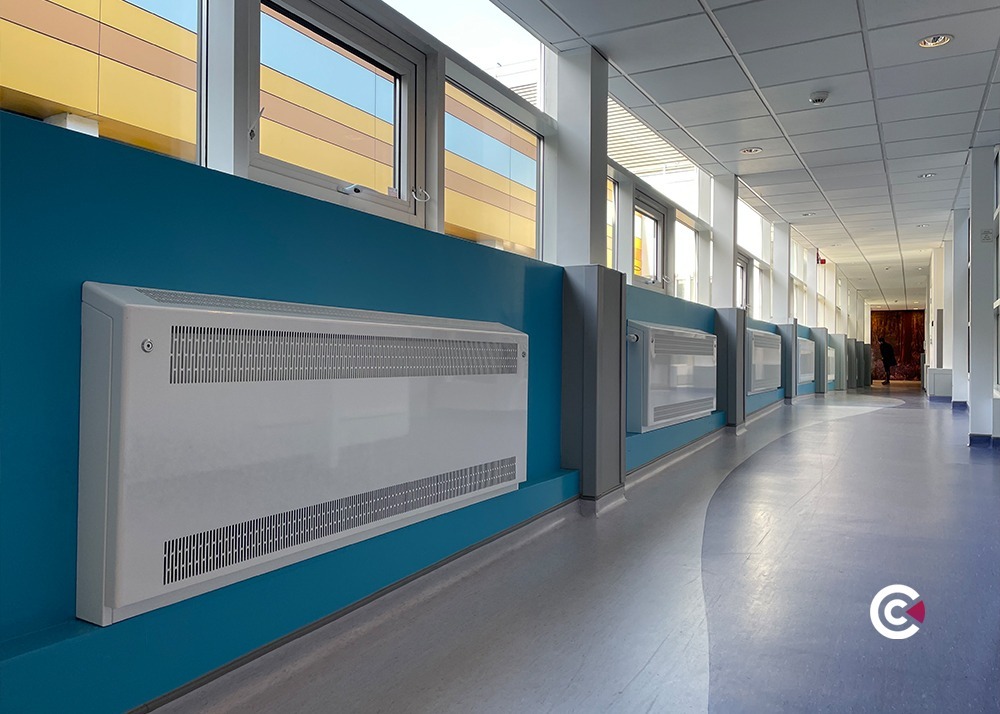
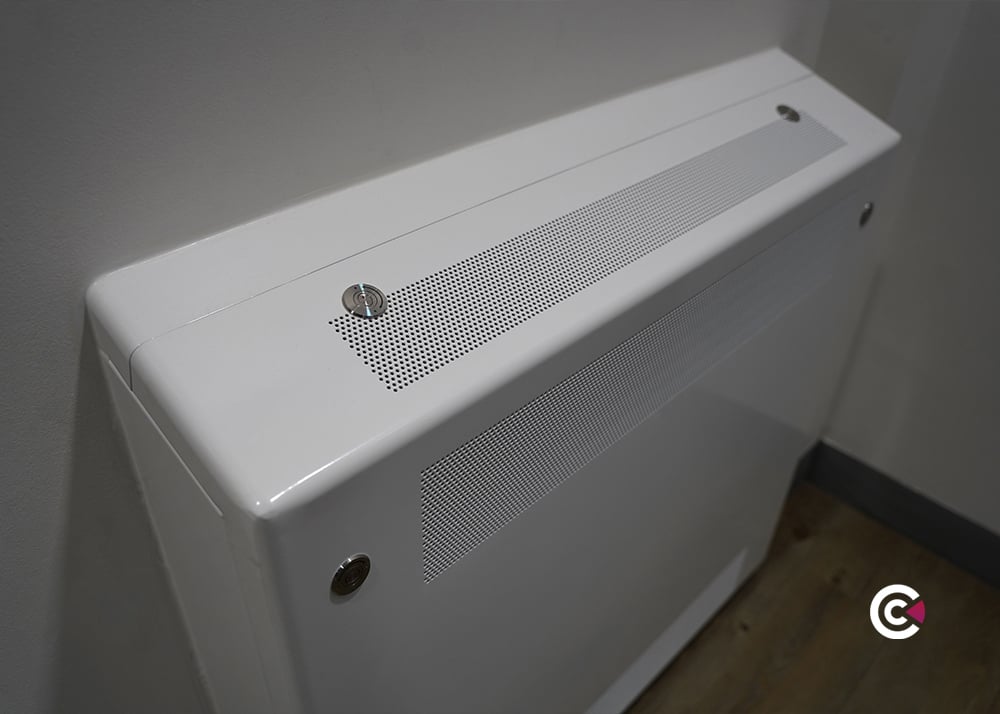

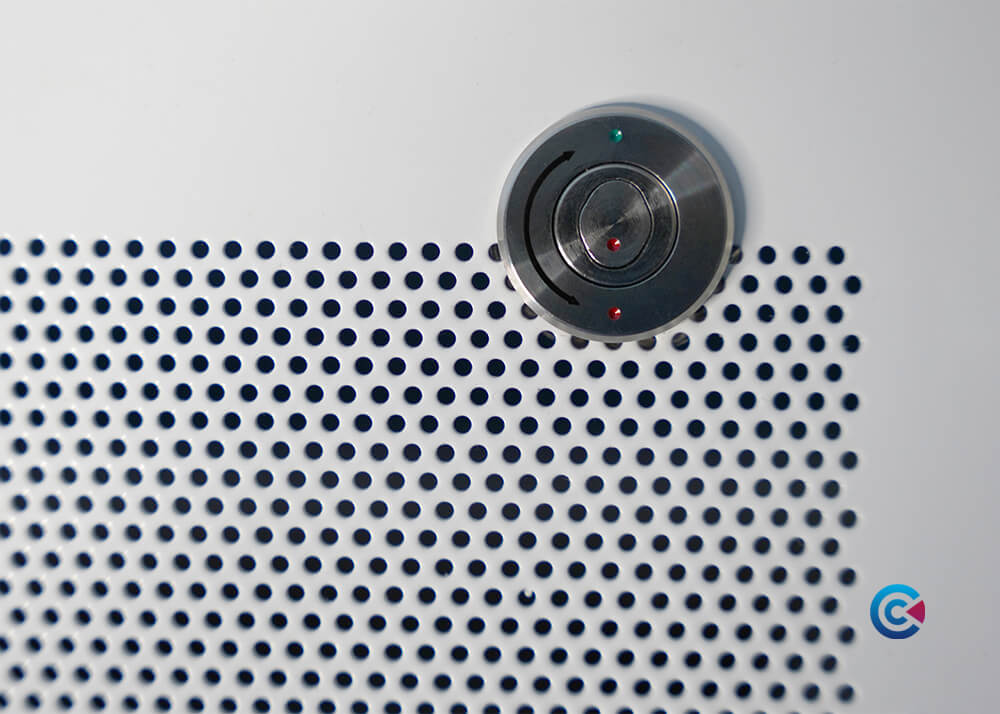








/anti-ligature%20vent%20grilles.jpg)

